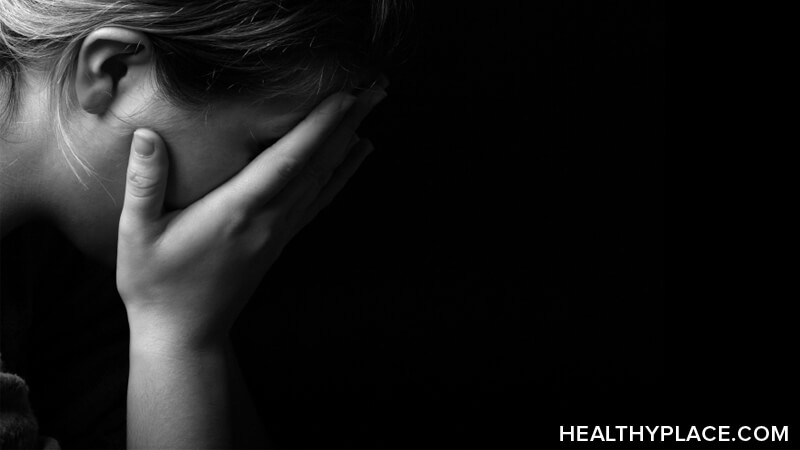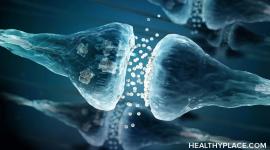Causes of Depression: What Causes Depression?

Our understanding of the causes of depression is evolving. While a single, definitive culprit has yet to be discovered, researchers have identified multiple factors that can lead to depression. On their own, each one is a risk factor for depression. Together, they add up to cause depression to develop. As we explore these factors, keep in mind that almost everyone experiences some of these elements from time to time. That’s a normal part of the ups and downs of life and doesn’t mean that someone has depression. It takes the prolonged presence of several depression symptoms to lead to the disorder. With that in mind, let’s explore the causes of depression.
List of Depression Causes
As researchers continue to look for answers about this frustrating, often debilitating illness, they are discovering factors that seem to be depression causes. These include:
- Genetics
- Biology
- One’s environment
- Social elements
Each of these has its own set of factors that are linked to depression. The more you know about them, the more you can minimize their effects or, when that’s not possible, at least be aware of what they are so you can monitor your mood and general health and stay ahead of depression or prevent a depression relapse.
Depression Causes within the Brain
Neurochemicals such as serotonin, norepinephrine, and dopamine help regulate mood and the sense of pleasure. If their levels become low or imbalanced, the brain doesn’t work optimally, mood isn’t regulated evenly or correctly, and depression can arise.
Structures within the brain are involved in depression as well. The prefrontal cortex, amygdala, nucleus accumbens, and hippocampus are involved, among other functions, in stress responses, emotions both negative and positive, and thoughts. As with the brain’s neurochemistry, the brain’s structures can become thrown off-kilter and lead to depression as a result.
In addition to activity within the brain, outside factors impact the brain and its ability to keep us depression-free. Any of the other causative factors can change or interfere in how the brain operates.
Genetics can fall into this category as well. Having a first-degree relative—a parent, sibling, or child—with depression increases someone’s chances of also developing depression. This isn’t a guarantee, of course, and minimizing other depression causes can help negate heredity.
Biology: Depression Causes in the Body
Medical conditions and the medications use to treat them can be causes of depression. Serious, chronic illnesses like cancer, diabetes, and Parkinson’s disease (to name just a few) can lead to depression or worsen existing depression.
Living with chronic pain, worry about poor health and its limitations, and managing serious illnesses on a daily basis takes its toll on mental health. The impact of medical conditions and reacting to them negatively long-term can be a significant cause of depression.
Certain medications can also play a role in the development of depression. Side effects can be numerous and dangerous, and they have been implicated in depression.
Causes of Depression: Things in One’s Environment and Social Factors
Your environment encompasses all aspects of your life in the world around you. Life events can greatly influence mood, thoughts, feelings, outlook, and actions. When someone experiences multiple negative situations, too few positive elements, or both, they can become clinically depressed.
Some examples of environmental and social factors that can contribute to depression are
- Loss of a job and a subsequent period of unemployment
- Prolonged intense stress
- Long-term isolation
- Loneliness
- Abuse in childhood or adulthood
- Experiencing trauma at any age
- Being in an emotionally distant relationship
- A tendency to interpret environmental aspects, other people, and oneself more negatively than positively
- A strong sense of pessimism
Depression doesn’t happen because of just one single cause. Both the illness and people themselves are too complex for that. It arises when someone is dealing with multiple factors, especially from different categories.
Understanding depression causes is helpful. If you or someone you care about is dealing with multiple causes of depression on an ongoing, long-term basis, recognizing the symptoms of depression and seeing a doctor or therapist if you are experiencing them can help you avoid developing depression or minimize its impact.
APA Reference
Tracy, N.
(2021, December 30). Causes of Depression: What Causes Depression?, HealthyPlace. Retrieved
on 2026, March 1 from https://www.healthyplace.com/depression/causes/causes-of-depression-what-causes-depression



